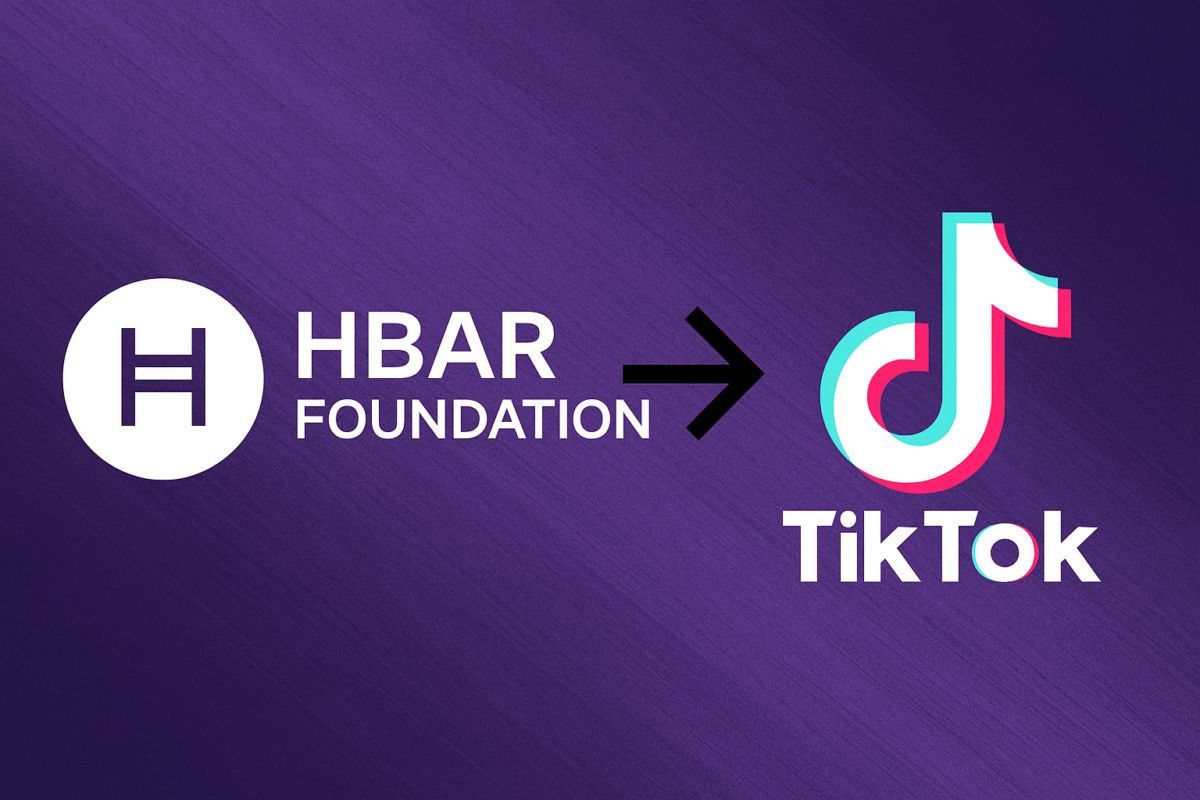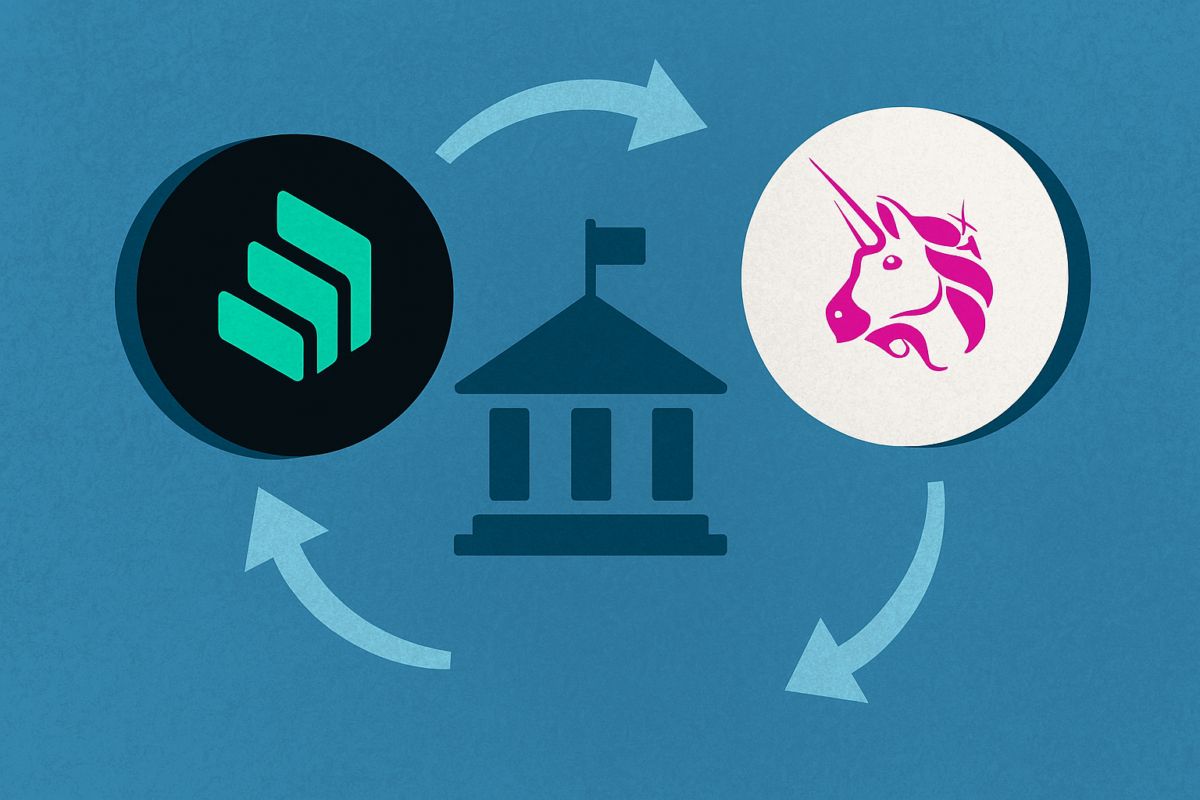Sandeep Nailwal Questions Why Vitalik Buterin Ignores Polygon PoS
- Polygon PoS reduces fees to $0,015.
- EVM compatibility makes dApp migration easier.
- Vitalik Buterin praises Solana, but not Polygon PoS.
Polygon co-founder Sandeep Nailwal recently expressed his bafflement over Ethereum co-founder Vitalik Buterin’s apparent lack of recognition for the significant impact Polygon PoS has had on Ethereum adoption. In a post on X Platform, Nailwal questioned why Ethereum’s social layer has historically resisted Polygon PoS, despite it attracting thousands of new developers, users, and global brands to the Ethereum ecosystem. He also noted that Buterin has publicly praised the Solana developer community, but has rarely mentioned Polygon PoS.
Seeing @ 0xPolygon POS appreciated heavily only recently, @chainyoda asked me why Ethereum's social layer has historically resisted POS instead of supporting it as an ecosystem that brought thousands of net new developers, users and global brands to ethereum. He asked why…
— Sandeep (※,※) (@sandeepnailwal) November 28, 2024
Polygon PoS has played a crucial role in Ethereum’s expansion, offering transaction fees with an average of just $0,015, approximately 10.000 times cheaper than those on the Ethereum mainnet. Operating as a sidechain compatible with the Ethereum Virtual Machine (EVM), it allows developers to migrate their decentralized applications (dApps) without the need to rewrite code, facilitating integration and attracting thousands of developers to the ecosystem.
Additionally, Polygon PoS uses a Proof of Stake model, where validators and delegators secure the network, keeping it decentralized and resistant to attacks. With an architecture composed of two main layers—Heimdall, responsible for governance and staking, and Bor, focused on block production—the network processes more than 3 million daily transactions and manages around US$5 billion in assets.
Nailwal’s frustration also extends to Buterin’s preference for Solana, a competing blockchain. Following the collapse of FTX, which significantly impacted Solana, Buterin expressed optimism, stating that the “real builders” of the network would thrive without the presence of opportunists. He also acknowledged Solana’s ability to effectively decentralize, citing its high Nakamoto coefficient, which indicates a well-distributed validator network.
However, Buterin does not ignore Solana’s flaws. He criticized the complexity of operating a node on the network, considering it more complicated compared to Ethereum, which limits participation and makes the network less decentralized. Furthermore, he pointed out that Solana’s focus on speed and efficiency compromises decentralization, a fundamental principle of Ethereum.
Nailwal believes that the Ethereum community has a bias towards abstract definitions like decentralization, which may explain the lack of recognition for Polygon PoS. He emphasizes the importance of working for users rather than getting caught up in theoretical definitions.
Disclaimer: The content of this article solely reflects the author's opinion and does not represent the platform in any capacity. This article is not intended to serve as a reference for making investment decisions.
You may also like
HBAR Foundation Eyes TikTok Acquisition as April 5 Deadline Looms

Chainlink Brings VRF and Functions Live to Soneium Network

Jupiter VERIFY Adds Trust Layer to Solana Token Trading

Compound Adopts Uniswap-Style Governance with New Foundation

